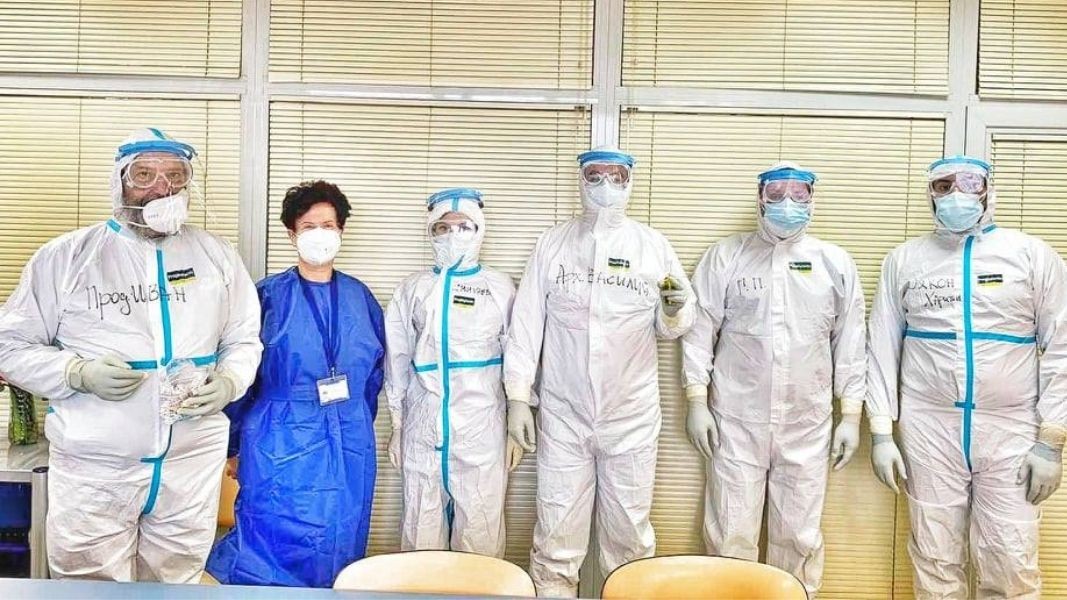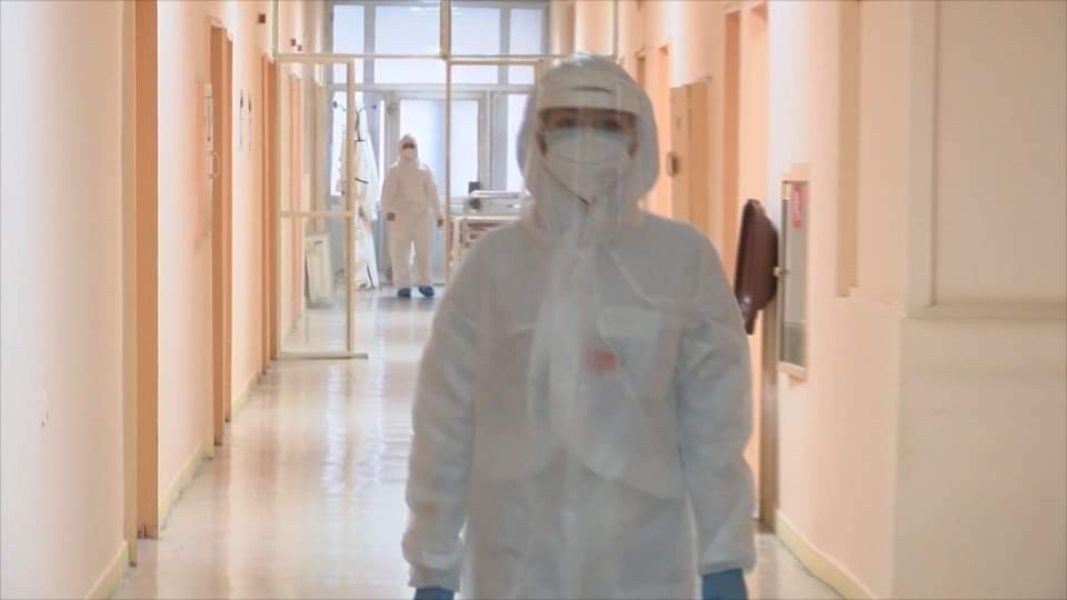On International Labour Day, May 1, we often talk about workers and their rights. Decent remuneration and well-deserved rest are an integral part of the principles of freedom and democracy, according to the rule of law. For more than a year, however, the pandemic situation around the world has been dictating new work conditions. Now that all activities are in line with anti-epidemic measures, doctors have been working around the clock in the fight against a vague enemy. This global medical crisis has found doctors, health workers and entire administrations completely unprepared and highlighted the shortage of health-care professionals around the world. In this country the Covid-19 pandemic also severely affected medics. According to the Bulgarian Medical Association, by the beginning of April, 130 health specialists had lost their lives in the battle against the coronavirus.

In the beginning it all started with the forecast that the infection would pass like a trivial flu. "But this turned out to be an illusion. After that, fear literally struck us like a plague,” Assoc. Prof. Radosvet Gornev, one of the leading Bulgarian surgeons and head of the General Surgery Clinic at Lozenetz University Hospital, recalls. “The isolation of both patients and staff was very strict, but now entire wards and hospitals have turned into Covid-19 clinics and we somehow got used to treating these patients, although there has been no strict protocol to this day."
"It's all a matter of accurate analysis and it is clear to everyone that this pandemic has brought significant problems in focus - the disparities in the various medical specialties, which has burdened doctors immensely. What impressed me, however, is that we have human resources, which is a huge asset of the society. Medics and especially nurses have been able to create organization as effective as possible. Do you know what they look like after 24 hours spent in the Covid-19 zone? Exhausted, with bloodless faces and in need of recovery for at least 24 hours."

Workload is high and continues 7 days a week, for months. It has been calculated that a nurse in intensive care walks more than 24 km for 12 hours on duty and lifts over 8 tons of weight. "It's a heavy workload even for trained weightlifters as part of their training process," the surgeon says. According to the health authorities in Bulgaria, the third wave of the epidemic was subsiding, but some immunologists warn there was a danger of a fourth one.
On the other hand, vaccines are not accepted unambiguously. Due to lack of information, the vaccination process is stalling, while everyone wants to return to normal life. When it comes to medical care, the lack of adequate behavior in the treatment of patients who are outside the coronavirus situation is becoming increasingly visible:

"Unfortunately, the diagnosis of cancer patients has become extremely slow during the pandemic. Literally, all health professionals are in contact and at risk of being infected. Yes, most of us have been vaccinated, but there are already cases of people infected for a second time. On the one hand, we have become ‘accustomed’ to the situation and on the other hand, there is hope that a bigger part of the population would be vaccinated, which would lead to faster results."
English: Alexander Markov
Photos: BGNES
Three-time world champion and Olympic weightlifter Carlos Nasar will be holding a special event with the Bulgarian community in London on 23 November. According to the organisers, it will be an open conversation in which Nasar will discuss his journey..
On 16 November, we celebrate Caritas Day, when we honour the Catholic Church’s charity organisation that brings hope to those in need through care and acts of mercy . It reminds us that financial gain is not what matters most. What truly matters is..
The first museum of investment gold is welcoming visitors in Plovdiv who want to learn more about the history of money and its connection to gold – from the birth of gold, its cosmic origin, and its journey to Earth, to how this precious metal has..

+359 2 9336 661
